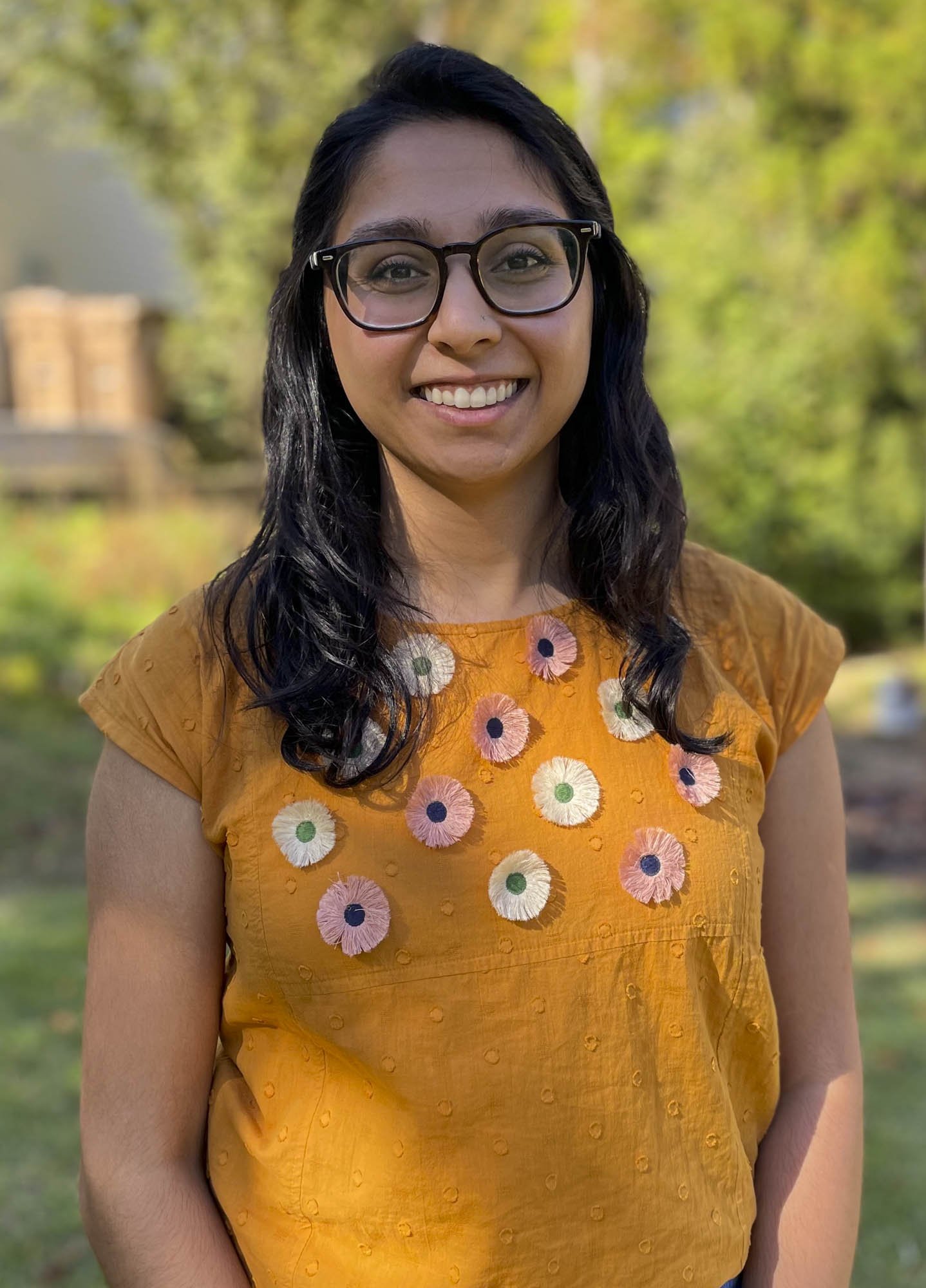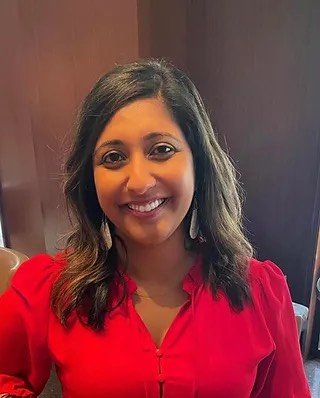What does it mean to be Southern?
As the child of immigrants, I know what it is to step between two worlds. To feel completely out of place in one moment, and an immediate sense of knowing and belonging in the next. For a while, I perceived that pendulum as swinging solely between Americanness and Indianness.
But in adulthood, I’ve realized that growing up and going to school in the South has added extra layers of complexity to those experiences. It’s undeniably shaped how I view race and identity.
As a state, North Carolina is certainly a part of the American South. It sits firmly between two of the original 13 colonies, Virginia and South Carolina. It’s where some of the most quintessential Southern cuisine was born: Cheerwine, Bojangles, Cook Out.
But as someone who grew up in the suburbs of Cary, N.C., I used to actively and enthusiastically reject any ties to “Southerness.” The region, the culture and even its history weren’t things I felt were a part of my experiences, especially with parents whose beginnings in this country trace back only to the late 1980s. The South could be Black and white, but what about Asian? In no world was “Southern” identity something I imagined I could hold close to my chest and say with conviction: “This is mine.”
It’s hard to discern what might have led me to that point. North Carolina is a Southern state, but what about Raleigh, the capital? Or the Triangle? Why is it that I perceived the Southerness of Brevard, N.C. as being so distinctly different from Cary, N.C.? How do perceptions of something being “rural” or “small town,” or being non-Black and non-white affect those self-identifiers?
Immigration in different eras and to different parts of the country is inextricably tied to historical context, from the construction of the Transcontinental railroad to the Immigration and Nationality Act of 1965. But the erasure of the narratives of Asians in the American South lead me to reconsider community formation and identity.
Who chooses to take on the identity of a “Southerner”? What does that mean? And how does that change, across generations, in a community whose beginnings in the state only really span halfway through the 20th century?
This project and the set of stories selected here are meant to dive into these questions. The narratives shared with me span generations, genders and ethnolinguistic groups.
I invite you to listen in, and consider the self-identifiers you use yourself.

Jhana Parikh
“I mean, I was born in Raleigh, North Carolina. I have never lived anywhere else. So, yeah, I'm pretty comfortable calling myself a Southerner.”

Chavi Khanna Koneru
“I couldn't claim this place and I didn't feel like it could claim me. But I do now.”